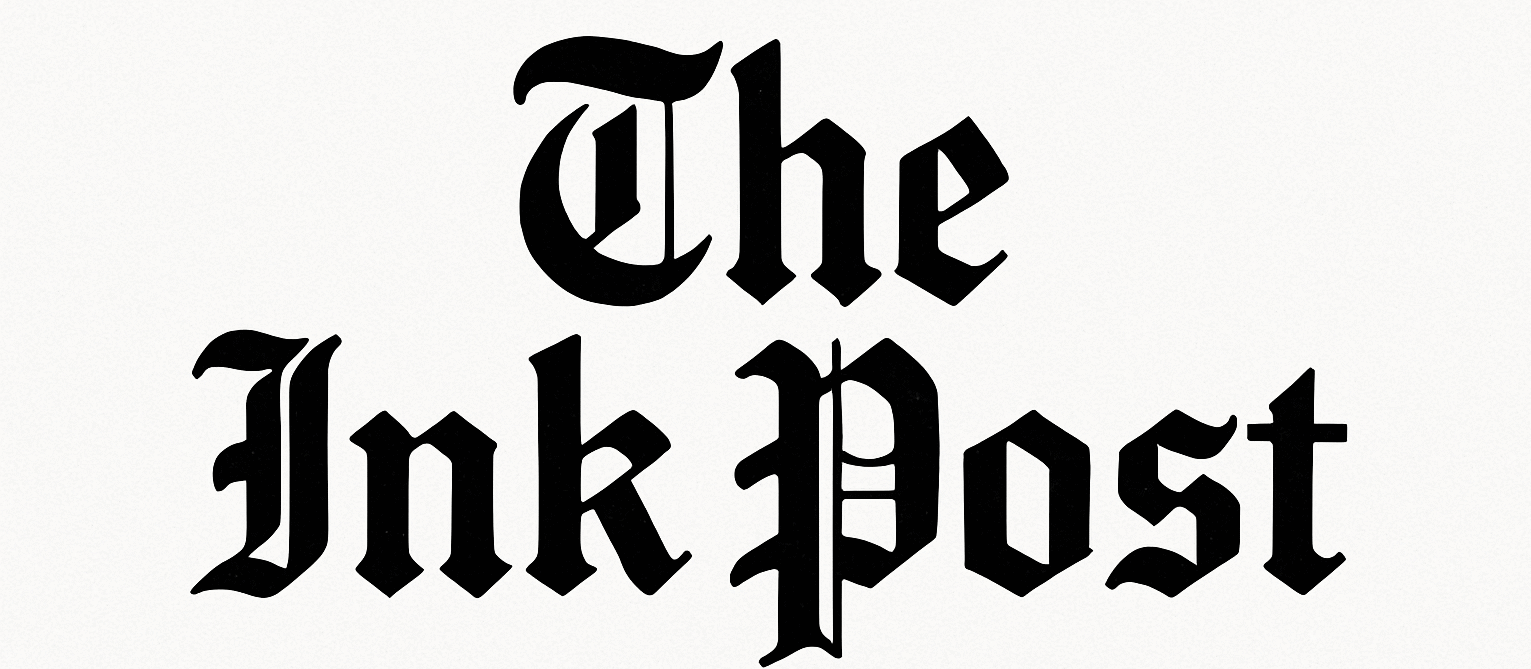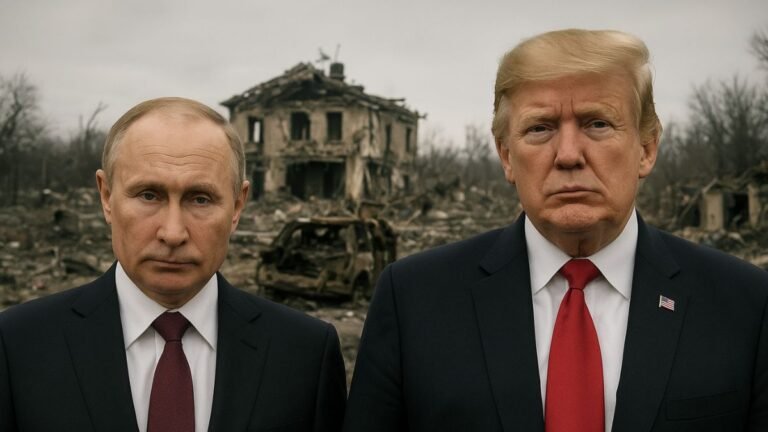When Donald Trump met Vladimir Putin in Alaska, the political temperature around the Ukraine war changed. Until then, Washington had at least pretended to stand shoulder-to-shoulder with Kyiv. But after the meeting, Trump began echoing Putin’s language. The message was subtle at first, but the implications were not. It signaled that the U.S. might not stand in the way of Putin’s most coveted prize: the remaining parts of Donbas.
Why Donbas Matters So Much
So, what exactly is Donbas and why does it matter so much to Moscow? Geographically, it covers the eastern Ukrainian regions of Donetsk and Luhansk, stretching into industrial zones like Zaporizhzhia and Kherson. Economically, it is one of the most resource-rich and industrialized areas of Ukraine, long known as the country’s “coal and steel heartland.” Politically and culturally, it leans Russian. Nearly two-thirds of its residents spoke Russian as their first language during the collapse of the Soviet Union.
For Putin, that makes Donbas more than just land. It is a historical and emotional claim, a way of redrawing borders closer to the map he believes should exist. For Ukraine, Donbas is not just territory either—it represents sovereignty. To give it away would be to accept permanent subordination to Moscow.
A War That Started in 2014, Not 2022
Here’s the thing: the battle over Donbas didn’t start with Russia’s full-scale invasion in 2022. It began in 2014, right after protests in Kyiv ousted the pro-Russian president, Viktor Yanukovych. That was when Putin annexed Crimea and stoked separatist movements in Donetsk and Luhansk. Since then, Moscow-backed fighters and Russian forces have steadily expanded control.
By Ukrainian accounts, nearly 87 percent of Donbas is already under Russian hands. The war has been brutal, and some of its fiercest fighting has taken place in cities like Bakhmut and Mariupol. Every attempt at ceasefire has collapsed, and every round of peace talks has ended with the same sticking point: Moscow wants it all, Kyiv won’t let it go.
The Trump-Putin Proposal: A Trade-Off?
Reports suggest that during the Alaska meeting, Putin floated a deal. Ukraine could surrender the rest of Donbas to Moscow, and in exchange, Russia would stop the war. Trump didn’t just listen; he appeared sympathetic. His message to European leaders was blunt: if Ukraine wants peace, it might have to give Russia what it wants.
That sounds simple on paper, but it’s explosive in reality. Volodymyr Zelensky has made it clear he will not abandon Donbas. “We will not give it up. We cannot,” he told reporters recently. For him, compromise on Donbas is not just politically unthinkable—it would also fracture Ukraine internally.
Do the People of Donbas Want Russia or Ukraine?
This question is complicated. In Ukraine’s 2010 presidential election, nearly 90 percent of Donbas voters backed Yanukovych, the pro-Russian candidate. After he was ousted, Moscow used that anger to ignite rebellion.
But public opinion isn’t as one-sided as Putin claims. A 2012 survey—two years before the war—showed only about a quarter of Donetsk and Luhansk residents actually wanted to join Russia. Many simply wanted autonomy within Ukraine, with the right to speak Russian freely. Over the years, the war itself hardened identities, polarizing communities. Today, those who remain in Ukrainian-held Donbas are overwhelmingly loyal to Kyiv, while those in Russian-controlled areas are under intense pressure to show loyalty to Moscow.
Russia’s Larger Game: More Than Just Donbas
Let’s break it down further. Donbas is the crown jewel of Moscow’s demands, but it’s not the whole list. Russia has set several conditions for halting the war:
- Ukraine must pledge never to join NATO.
- Ukraine must reduce its army and weapons, especially near Russia’s borders.
- Russian must be recognized as an official language across Ukraine.
- Economic and political sanctions on Moscow must be lifted.
- Russia wants control of trade routes in the Black Sea to keep Ukraine’s economy weak.
- Kyiv must guarantee the rights of Russian-speaking minorities.
- Ukraine must swear off nuclear weapons development.
Taken together, these are not peace terms; they are surrender terms. For Ukraine, agreeing to them would mean losing its independence in everything but name.
Could Ukraine Legally Hand Over Donbas?
Even if Zelensky wanted to, Ukraine’s constitution forbids ceding land without a nationwide referendum. And Ukrainians are nowhere near ready to accept such a deal. A recent survey by the Kyiv International Institute of Sociology found that 78 percent of Ukrainians opposed giving up any territory, even if it meant prolonging the war.
That’s not just nationalism talking. People know that if Ukraine surrenders Donbas, Russia could easily move the goalposts again. First Donbas, then Odesa, then Kyiv.
How Long Can Russia Fight?
One counter-argument is that Russia itself may not have the stamina for a forever war. Sanctions are hurting its economy, casualties are piling up, and the domestic cost is growing. But here’s what really matters: Putin doesn’t need to “win” quickly. He just needs to outlast Ukraine’s ability to resist. By keeping pressure constant, he forces Kyiv into a corner and tests the patience of Western allies.
That’s why Trump’s new position is so significant. If Washington tilts toward Russia, Ukraine could find itself fighting nearly alone.
The Bottom Line: No Easy Peace
The Donbas dispute isn’t just about land. It’s about history, identity, and the limits of Western resolve. Putin sees it as unfinished business from the Soviet collapse. Zelensky sees it as a line that cannot be crossed without losing the country itself. Trump, meanwhile, appears to view it as a bargaining chip—something that could be traded to end the war quickly.
What this really means is that peace won’t come through simple deals. The Donbas question is a proxy for something bigger: whether Ukraine is a truly sovereign nation, or whether Russia still gets to decide its fate. Until that larger issue is resolved, the war will smolder on.
Read More: Opinion | Why the US-India Tariff Battle Could Backfire on Washington


